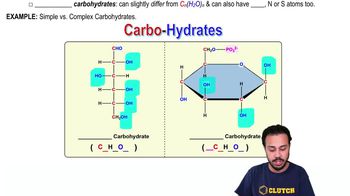Here are the essential concepts you must grasp in order to answer the question correctly.
Body Water Content
Body water content refers to the total amount of water present in the human body, which is essential for various physiological functions. It varies significantly across different age groups, with infants having a higher percentage of body water compared to adults. This is crucial for understanding hydration needs and the physiological differences in water distribution.
Recommended video:
Organization of the Body: Body Cavities Example 1
Age-Related Changes
As individuals age, their body composition changes, leading to a decrease in total body water. Infants typically have around 75-78% of their body weight as water, while young adults have about 60%, and elderly adults may have as low as 50-55%. Recognizing these changes is important for assessing health risks and hydration strategies across the lifespan.
Recommended video:
Change in Membrane Potential
Hydration and Health
Hydration is vital for maintaining health, influencing everything from temperature regulation to nutrient transport. Understanding the differences in body water content among age groups helps in formulating appropriate hydration guidelines. Infants, due to their higher water content, are particularly vulnerable to dehydration, making it essential to monitor their fluid intake closely.
Recommended video:
 Elaine N. Marieb, Katja Hoehn 7th Edition
Elaine N. Marieb, Katja Hoehn 7th Edition Ch. 26 Fluid, Electrolyte, and Acid-Base Balance
Ch. 26 Fluid, Electrolyte, and Acid-Base Balance Problem 1
Problem 1 Verified step by step guidance
Verified step by step guidance


